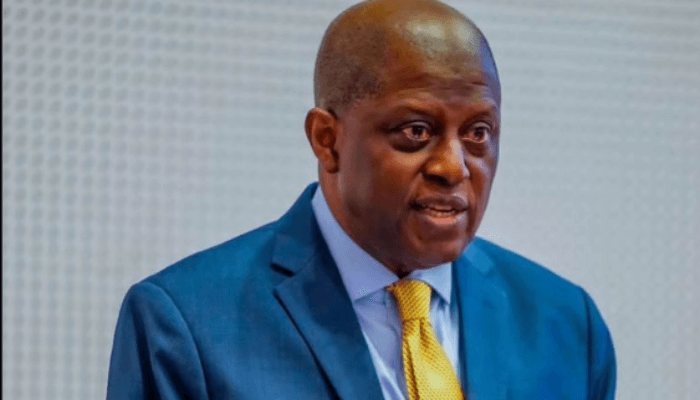Central Bank of Nigeria (CBN) Governor, Olayemi Cardoso, has clarified that the 1,000 staff who exited the bank in December did so voluntarily, receiving full entitlements.
Cardoso, speaking through Bala Bello, Deputy Director of Corporate Services, at an investigative hearing on the disengagement of the workers and the N50 billion terminal benefits allocated to them, emphasized that the Early Exit Program was entirely voluntary.
According to Bello, the program was part of a broader restructuring and reorganization initiative aimed at optimizing the bank’s performance. He stated that such measures ensure the alignment of the bank’s workforce with its operational needs, including balancing human resources with technological advancements.
“The Early Exit Program was designed to enhance organizational efficiency by placing the right people in the right roles,” Bello explained. “It’s a 100 percent voluntary program, and no staff member was coerced into leaving.”
He further noted that digitization efforts within the banking sector had created redundancies while also generating new opportunities. Some staff members had requested the voluntary exit themselves, he added, citing cases of stagnation and limited career progression as reasons for participation in the program.
Bello highlighted that the Early Exit Program was not unprecedented at the CBN but marked the first time it was extended to all staff categories. He explained that in previous cases, the program targeted senior officials, such as directors and assistant directors, who had limited career growth opportunities.
“This time, the program was open to all cadres of staff, based on popular demand,” Bello said. “Many participants saw it as an opportunity to pursue new ventures, including establishing their own banks.”
Chairman of the Ad-hoc Committee, Hon. Usman Kumo, assured that the committee would remain impartial in its investigation. He requested further clarification from the CBN on the objectives and implementation timeline of the Early Exit Program and its connection to the bank’s restructuring and reorganization efforts.
“The House of Representatives recognizes the importance of the CBN’s restructuring and reorganization,” Kumo stated. “However, this committee seeks to understand the objectives and outcomes of these initiatives and will submit its findings to the House.”
The hearing continues as the committee examines the circumstances surrounding the program and its impact on the bank’s operations.



